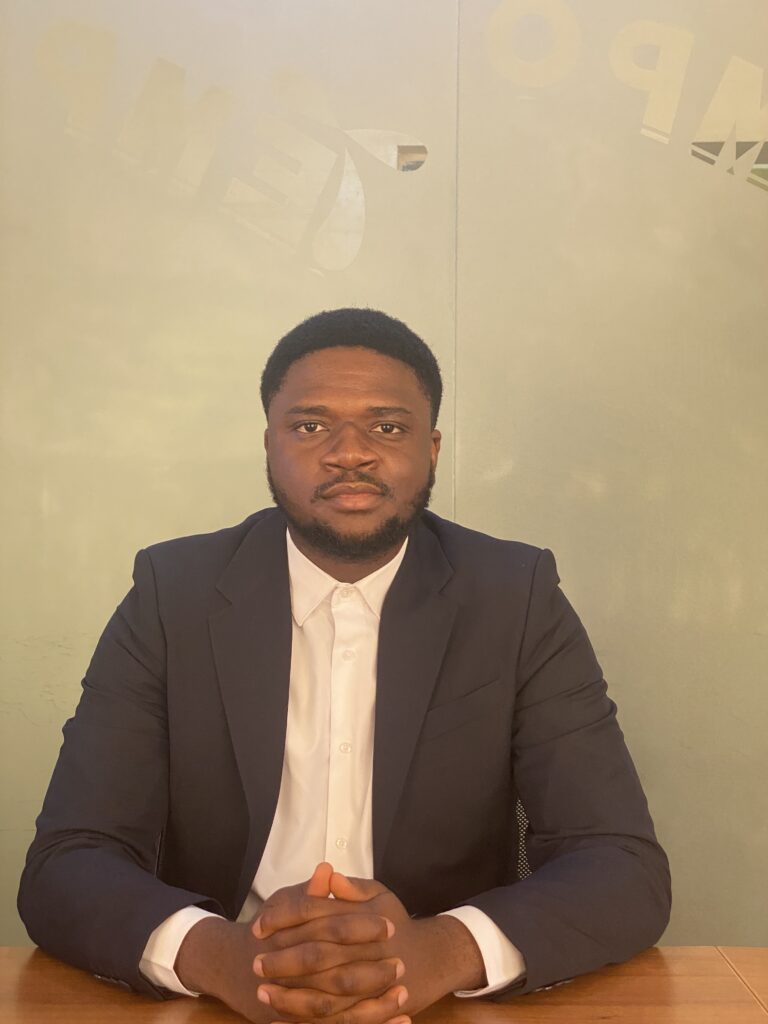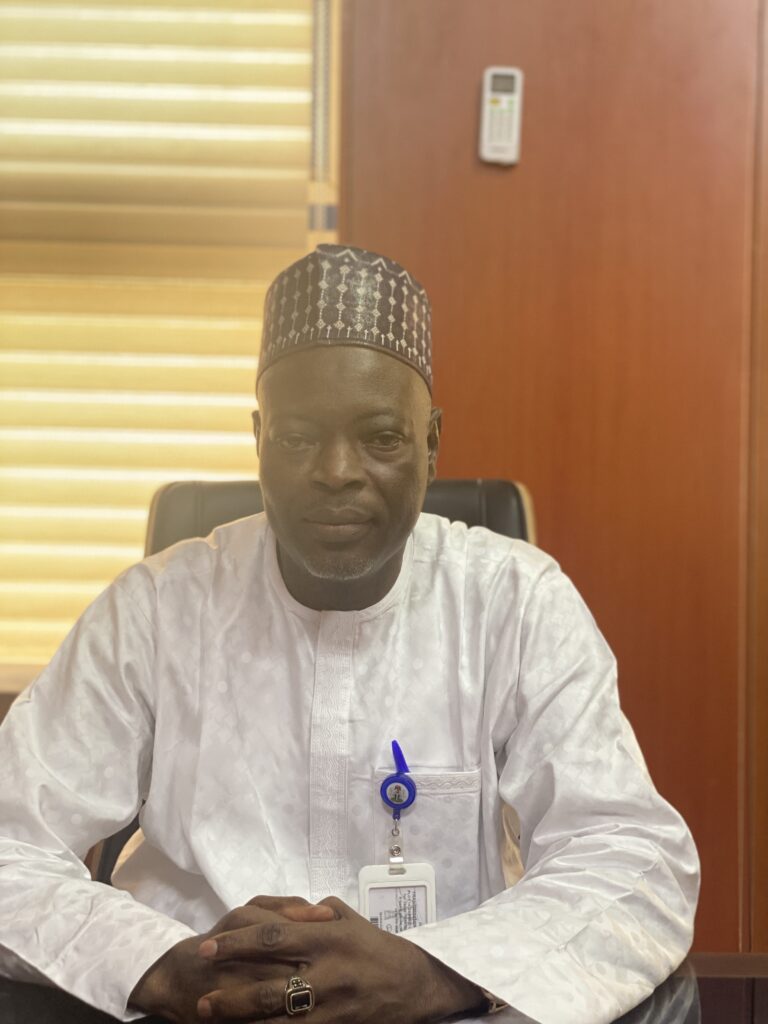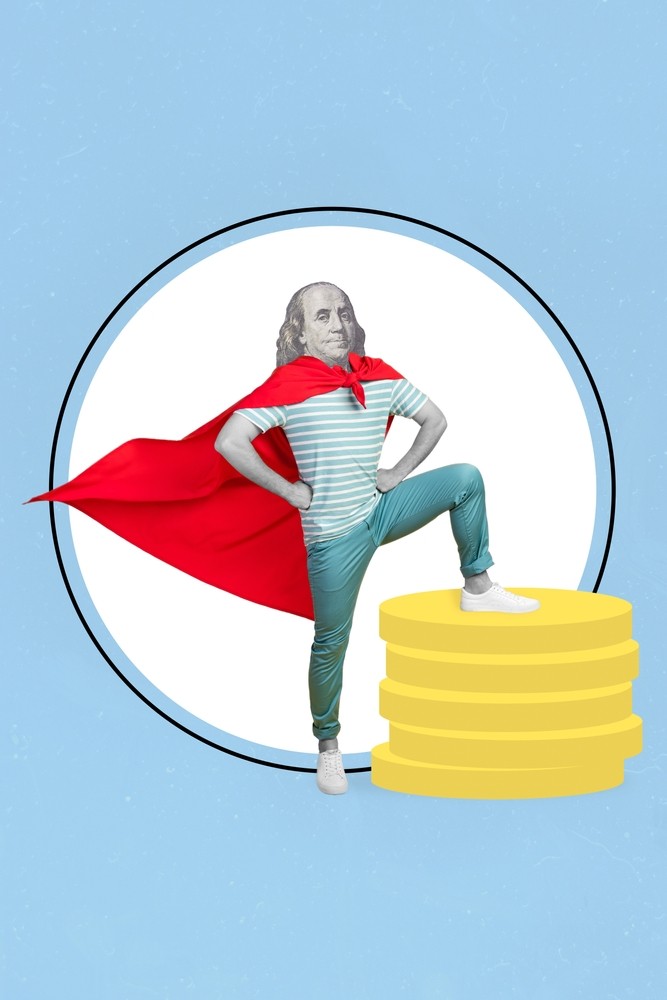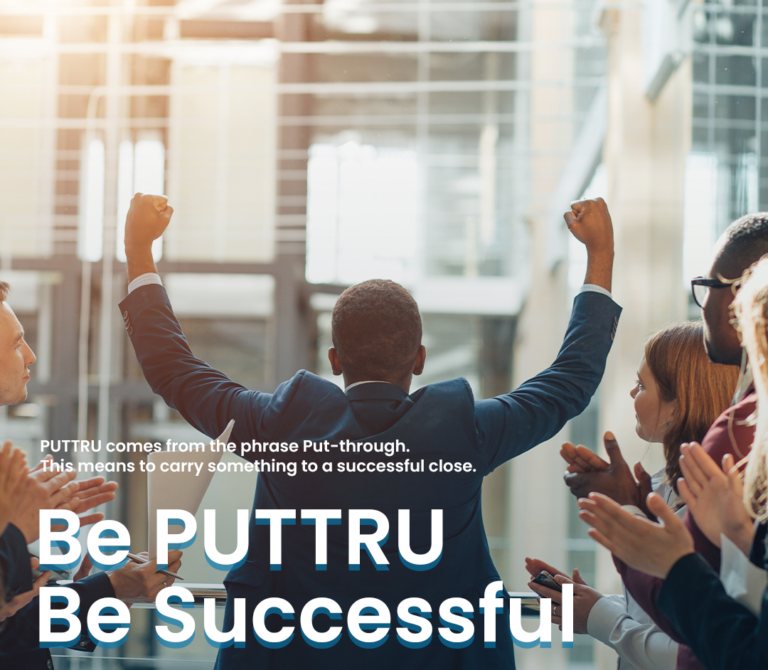If you read our 2020 Annual Report, which we released earlier this year, you know that women and youth empowerment is a priority for PUTTRU.
Yes, our day-to-day business is to facilitate and fast-track access to funds for African state-owned or privately held energy companies. However, the big picture for us is to see an inclusive society in Africa tomorrow. This is why we pursue a corporate social responsibility (CSR) action that puts women and youths at the forefront today. Hence, we put our time where our mouth is. To illustrate this, here is a rundown of our recent CSR work on women and youth empowerment.
1. Empower Women, Energize the World
We held the ‘Empower Women, Energize the World’ event on March 16, 2021. With the Permanent Mission of Denmark to the United Nations being the host. According to the organizers, the objective was “to discuss the important link between energy and gender equality”. In addition, to discuss “how investments in the energy sector can catalyze women’s economic empowerment”. Thus, our intervention focused on providing answers to the questions:
- Can we do more to support female entrepreneurs?
- What are the challenges with regards to financing, and how can we address them?
Our summarized message
According to a study by Boston Consulting Group[1]: early-stage businesses owned by women are more likely to get less from investors (an average of $1million less), compared to their male counterparts. This is after the founders pitched to investors. The educational levels of the entrepreneurs and the quality of their pitches were ruled out as factors behind this. Therefore, leaving only gender as the most important variable.
When approaching those who do pull the strings of the financial purse (investors and financiers) you are more likely to be successful if these people feel the person speaking to them is like them.
These findings underline the influence of the Affinity Bias. In brief, when approaching those who do pull the strings of the financial purse (investors and financiers) you are more likely to be successful if these people feel the person speaking to them is like them. Similarly, although we have seen progress towards gender balance in the financial services industry, the is still male dominated- with 20 percent of women on executive committees and 23 percent on boards, globally – according to the 2020 report by Oliverwyman on Women in Financial Services[2].
To buttress this, a Harvard Business Review article titled The Female Economy[3] cited comments from a survey the authors conducted on ‘financial services and women’ – to paraphrase – women felt financial service representatives spoke to them as if the subject were too complex for them to understand. Thus, the reason why women entrepreneurs are 30% less likely to have access to sufficient funding compared to men. This is according to the same Oliverwyman study on women and financial services.
Our suggestions for moving past these challenges are as follows:
- Increasing awareness of this sort of unconscious bias – that is the Affinity Bias – could help investors and financiers to be mindful of this tendency and put in place structures to address them.
- Approaching female investors could significantly increase a female entrepreneur’s chances of securing an investor for her business. “Women are twice as likely as men to invest in companies with female founders, and three times as likely to invest in companies with female CEOs”, according to World Economic Forum study[4].
- Banks could consider having a gender diversified team on their credit committees.
2. Women, Climate and Cities
The BMW Foundation Herbert Quandt had its Equity, Diversity and Belonging Week (EDB) from June 28 to July 2, 2021. According to the Foundation the week seeks to “open a global conversation about social injustices and their implications”. Furthermore, to “learn together, and put structural change at the heart of achieving the UN 2030 Agenda”. One of the sessions organized during the EDB Week was: Women, Climate and Cities. The event on Women, Climate and Cities examined the place for gender equality and equity, as well as women’s empowerment, in building sustainable cities for the future.
Our intervention was titled Investing in Resilient Cities for Equity.
Our summarized message
Africa’s urban population is set to triple by 2050, according to a report by Brookings[5]. Normally, these growth projections for African cities ought to be a positive thing, since urbanization should translate to more Africans enjoying a better standard of living and all the benefits that come with urbanization.
The caveat, however, is that the current state of our cities does not give many assurances that a business-as-usual (BAU) case will lead to more Africans enjoying a better standard of living.
Urban residents in Africa pay 55 percent more for housing and 42 percent more for transport in Africa than in other regions
According to the aforementioned study by Brookings “Urban residents in Africa pay 55 percent more for housing and 42 percent more for transport in Africa than in other regions”, and this has a lot to do with low GDP per capita in African countries and the impact this has on the persistently low level of public and private investment in infrastructure development in the continent.
Therefore, given this background, what we might experience in a BAU case in Africa, in the years leading up to 2050, is an adjacent increase in urban slums and urban sprawl. Which of course will lead to an increase in environmental issues, such as a higher dependence on natural resources (e.g., wood fuel dependence), environmental pollution and degradation, and its adverse impact on the health and wellbeing of people, with the most vulnerable (women and marginalized groups) suffering more as a result.
Thus, it is for this reason that we prioritize investments in:
- Resilient infrastructure and industrial development in Africa.
- Logistic infrastructure for in-country and cross-border trade.
- Projects with clear strategies for job creations for women, CO2 offsets, long-term sustainability, and energy transition goals.
3. Skills Academy Workshop: Finance Workshop for Young Women
The Vienna Energy Forum (VEF) for the first time ever dedicated a full day to youth development. Themed Youth for VEF, the Youth Day “was created with the objective of providing a platform to empower youth through workshops, connections, interactive discussions with high-level participants/experts and creative contests”[6]. In line with this objective, the event included a Skills Academy Workshop titled Finance Workshop for Young Women. This workshop was organized to give female founders practical advise on getting ready for external financing.
Thus, our intervention was titled ‘What founders should know about raising funds.’
Our summarized message
Some sources of funding available to startups include founders’ own capital (capital contributions from co-founders, income from business operations and grants are also considered as first choices for affordable financing), then investors and lenders.
- Founders’ equity ought to be a startup’s first choice for affordable financing. And this may come from founders’ own savings, friends and family members, and co-founders as well.
Advice: If your co-founders come at a later stage of ideation make sure you spend a lot of time in vetting. Ensure the agreement takes into consideration sweat + cash contributions in a way that maximizes benefit for your new company.
- Investors and commercial banks: the ranking of best choice between these two vary depending on the business and what the management considers as best for the business’ growth. Some entrepreneurs are not interested in diluting their ownership quickly, so they prefer loans that are affordable as next best option, then investors at a later stage of the businesses’ expansion.
Advice: founders should become conversant with how issuing more shares lead to equity dilution and how they can protect their interests in the short and long run.
The bridge before having to approach investors or lenders could be grants. The benefit of which gives you room to understand your business and, hopefully, become a profitable company, i.e., when a company now has a positive operating cash flow, negative cash flow from investing activities, and positive, negative, or neutral cash flow from financing activities.
Also, going for external financing at this stage (i.e., stage of being a profitable company) increases your company’s valuation and gives the founders more bang for their buck of shares to investors as well as their position when requesting for loans from banks.
Advice: Make sure you add value to your company then seek external financing. Furthermore, make sure you are intentional as to why you need external financing, i.e., will this lead to more revenue and profit for your company?
Finally, salient points on negotiating as a female founder:
- Women tend to negotiate less favourable terms for themselves compared to their male counterparts.
- Gender stereotypes play in this and are valid (fear of being perceived as aggressive).
- Women can improve their negotiation power by being aware and “playing to” these stereotypes.
- Increasing your position (or feeling) of power helps.
Recommended reading: Negotiation Strategies for women by Harvard Program on Negotiation.
Download presentation Here.
4. Expert Meeting on The Human Rights Impact of Nordic Investments in Renewable Energy Developments in the Global South
On 19 July 2021, the Danish Institute for Human Rights released its Outcome Report: Expert Meeting on The Human Rights Impact on Nordic Investments in Renewable Energy Developments in the Global South. Organized on 27 April 2021, the Expert Meeting aimed to “(1) Identify salient human rights impacts and critical questions associated with Nordic investments in renewable energy development, with a particular focus on the role of company and financial sector investments in the Global South. (2) Discuss strategies and opportunities to address these, including through multi‐stakeholder dialogue and actions”[7]
Our intervention was delivered in the session on Renewable Energy Projects with Women’s Rights.
Download the Outcome Report of the Expert Meeting Here.
3. Contribution to Evidence based Decision-making through Research
Lastly, a research paper co-authored by PUTTRU’s CEO, Monica Maduekwe, was published this July. Read our research on: Gender assessment in energy projects: perceptions, practices and the role of a regional directive in ECOWAS Here.
Download the ECOWAS Directive on Gender Assessment in Energy Projects.
[1] BCG (2018). Why Women-owned Startups Are Better Bet. Available at: https://www.bcg.com/publications/2018/why-women-owned-startups-are-better-bet
[2] Oliverwyman (2020). Women in Financial Services. Available at: https://www.oliverwyman.com/content/dam/oliver-wyman/v2/publications/2019/November/Women-In-Financial-Services-2020.pdf
[3] HBR (2009). The female economy. Available at: https://hbr.org/2009/09/the-female-economy
[4] World Economic Forum (2020). Unleashing the power of Europe’s women entrepreneurs: Six ideas to drive big change. Available at: http://www3.weforum.org/docs/WEF_Unleashing_the_power_of_Europes_women_entrepreneurs.pdf
[5] Brookings (2020): Urban economic growth in Africa: Analyzing constraints to agglomeration. Available at: https://www.brookings.edu/blog/africa-in-focus/2020/10/30/urban-economic-growth-in-africa-analyzing-constraints-to-agglomeration/
[6] UNIDO (2021) Vienna Energy Forum 2021: #WhereActionMeetsAmbition, 5-7 July 2021. Available at: https://www.unido.org/vienna-energy-forum-2021
[7] The Danish Institute for Human Rights. Human rights impacts of Nordic investments in renewable energy developments in the Global South. Available at: https://www.humanrights.dk/publications/human-rights-impacts-nordic-investments-renewable-energy-developments-global-south







